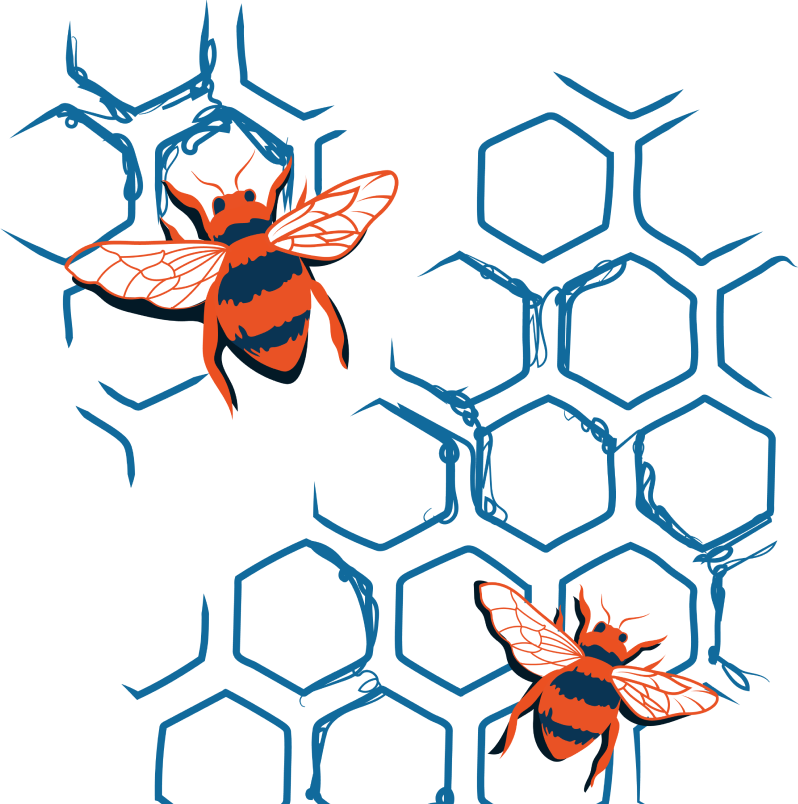Life sciences are under increased scrutiny from regulators and, due to COVID, have faced unprecedented challenges. This has increased pressure to remain innovative with their technology remaining compliant.
A recent study by Deloitte identified five levels of compliance integration maturity; reactive, or defensive compliance; passive, or superficial compliance; operational, or transactional compliance; strategic, or embedded compliance; and holistic, or fully integrated compliance. Regulators will have their say in compliance for life sciences to make sure businesses are meeting high standards, so it’s a non-negotiable to assess your current compliant process.
Here are five compliance considerations for life sciences:
- Get a more comprehensive view of compliance
When we think of regulatory compliance, life sciences tend not to be the first industry which comes to mind. A lack of knowledge of the risk landscape, compliance training, or sophisticated technology, are all shortfalls which occur across all industries, but more so with life sciences. However, slip-ups or fragmented knowledge can lead to fines or penalties. A team of qualified compliance experts who provide the right technology can offer enormous support.
- Don’t underestimate the value of data
Life sciences may face compliance struggles if data isn’t handled correctly. This means appointing data analysts and having a more business-minded approach to compliance risk. Not having enough data, or the right person to analyze the data, can mean missed risks. Perhaps more importantly, not having the right technology to collect the data can cause reporting issues and be a drain on company time and resources.
- Get a compliance team in place, locally and globally
Life sciences businesses may lack diversity in their compliance team. While this is not an isolated issue, with the increased scrutiny and pressure on this industry, it’s important to allocate dedicated compliance resources to your business. This means a team with knowledge at both a global and local level, so you’re always kept abreast of any regulatory changes, any risk of non-compliance, and the right strategy to mitigate any risk.
- Develop an understanding with regulators
Life sciences must make sure their compliance team builds knowledge and harmony with regulators. This means a thorough grasp on regulations and regulatory bodies across the globe, including the inconsistencies, the changing risk landscape for life sciences, and alignment with compliance strategies and what the regulators want. Partnering with compliance professionals who bring both technology and expertise can help create a harmonious relationship with regulators and ease pressure.
- Be efficient and effective with the right technology
It’s not just about getting a compliance process in place; it’s ensuring your process runs efficiently and effectively. This will also help curb high costs from inefficient models, and the cost of non-compliance. Look to introduce a smarter compliance platform with artificial intelligence, customizable workflows, and a team of regulatory compliance experts on hand. Get a clear insight of any risk, no matter the size of your business, and have peace of mind you have an effective compliance strategy.
At Blue Umbrella, we’re on hand to offer our expertise and get life sciences fully equipped with the right technology to meet their compliance demands. We can be the guiding light for life sciences looking to get control of their risk, ensure all behavior is ethical, and provide tailored workflows with machine learning capabilities to make the whole process much easier.
Check out our Status platform to see if this is the trusted solution you’ve been waiting for to get control of your regulatory compliance.





